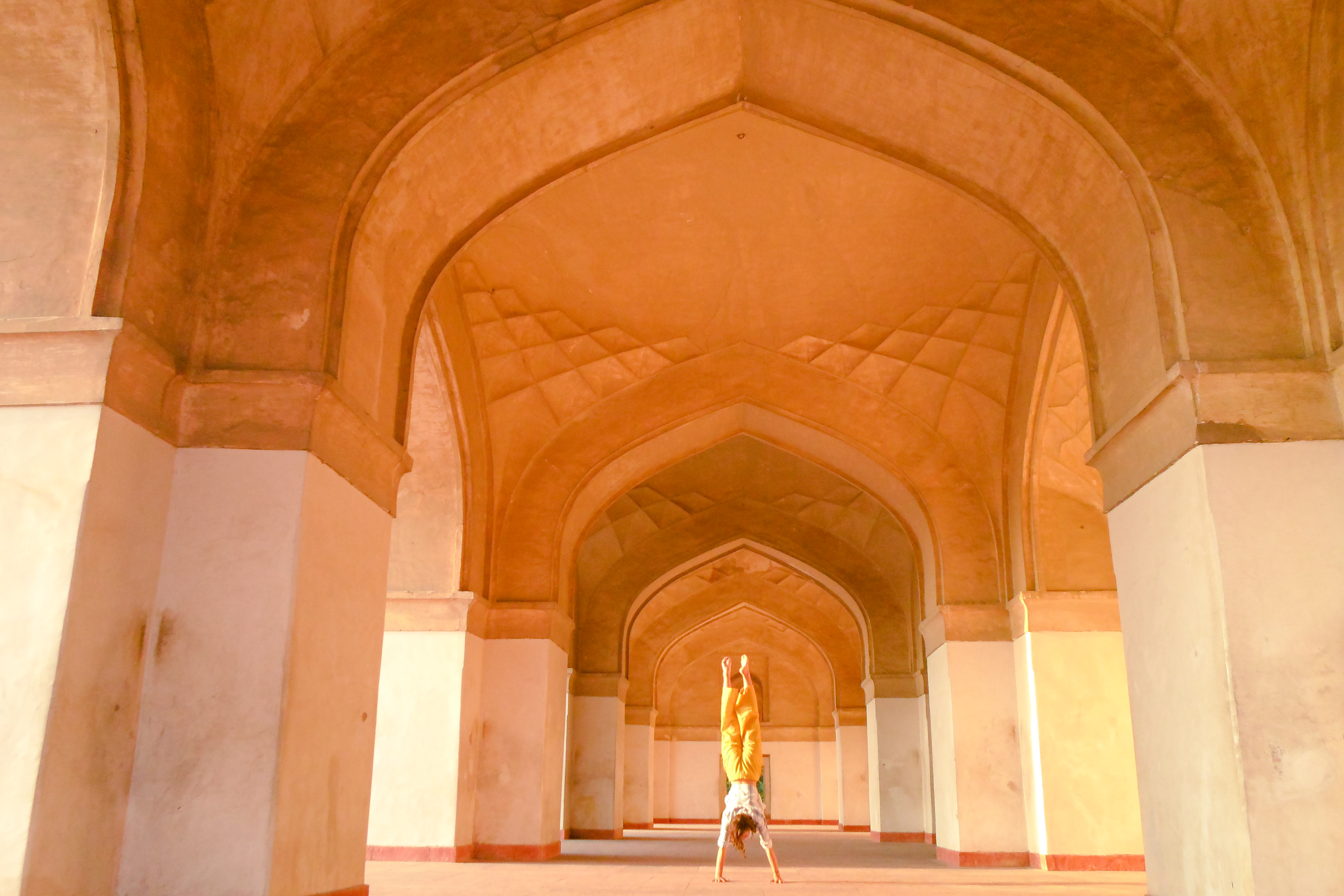
By CASSIE BROADWIN
I HAD ALREADY written this article, before a black-out swept the city and knocked our wifi out with it. This happens every now and again; there have been thunder and lightning storms ever since we arrived in Chennai two weeks back. Surely, the lights jump back on, and you realize that no black-out could slow the pace of this city. Coconut vendors on the streets, motorcyclists stacked four people deep, and locals playing their nightly rounds of beach volleyball — everyone continues uninterrupted.
The same is true for most things here. There’s a pace to the lifestyle, a way of living that not even a natural disaster could shake. Spending a week in Rishikesh (notoriously known as the yoga capital of the world), I was told the same story on two separate occasions about a flood that had fatally swept through the region a few years back. Sagar Thakur, a photographer and software engineer I met along a hike one afternoon, described the phenomenon as ‘the bursting of a cloud,’ as if all the water stored just fell out of the sky in one rush.
Once the roads were again traversable, Thakur made his way into the villages of the region to offer aid to those trying to rebuild their homes, and to document their stories about the day the cloud ‘burst.’
“The best photograph I’ve ever taken was of a boy in that village after he had just told me a story about watching his father being swept away by the waters. He was so traumatized in that moment, when he thought he had lost everything. As many times as I offered him help or money, he refused and said that he wasn’t a beggar- this boy, out of anyone, should know that times are trying and that you should accept what you’re given.”
“I was so confused,” Thakur continued. “But at the end of his story, he led me through what was left of the town, up to a sight of a grand temple standing tall amongst the rubble. One singular boulder had fallen from the mountain and landed just in front of the temple, diverting all the flood waters around it, and saving only this building in town from destruction. This is what the boy wanted to be remembered by; I took his picture then.”
This overseas program has been, for me, a collection of moments like these. I’ve been organizing time not by the clock hand or calendar, but by the encounters I have with various people and by conversations that have made some sort of impression. Oh, and by life lessons learned; they’re handed out like after-dinner mints here. For instance, I picked up a lighter from a street vendor one morning as I was walking back to my guesthouse after finding coffee in town. Any lighter will do; I paid ten rupees (the equivalent of sixteen cents) for the first one the shopkeeper handed me and continued on my way. One side of the lighter had a picture of a peach, and the other, a phrase that would become something of a mantra for me throughout the following days of this trip: “there is wisdom in recognizing the beauty of brevity.”
Subscribe to the Mossy Log Newsletter
Stay up to date with the goings-on at Lewis & Clark! Get the top stories or your favorite section delivered to your inbox whenever we release a new issue.

Leave a Reply